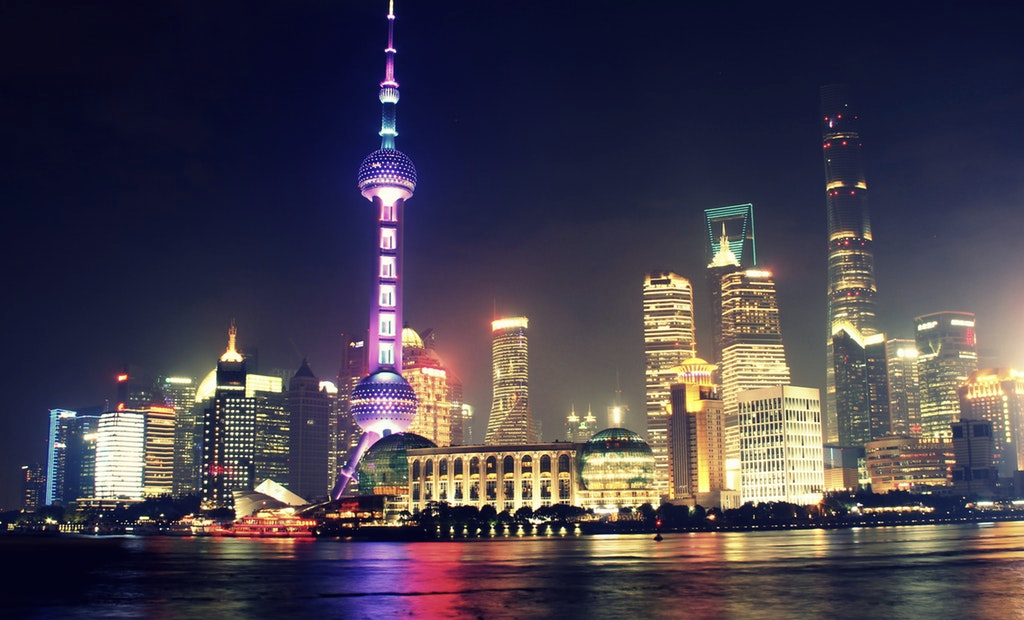The translation woes of China’s film industry

When Crouching Tiger, Hidden Dragon won the Academy Award for Best Foreign Language Film in 2000, it seemed the floodgates had finally opened for Mandarin cinema to reach a worldwide audience. Ang Lee’s martial arts epic became an international sensation, grossing $213m worldwide and becoming the first and only foreign language film to surpass the $100m mark at the US box office.
Its legacy has remained, regularly acknowledged as one of the best action movies of all time, but it has failed to inspire a new generation of international Mandarin blockbusters.
It’s surprising, particularly when you consider the growth of the Chinese film industry. Box office receipts in China grew by an annual rate of more than 40% between 2003 and 2010. Having already outgrown the Japanese film industry, Mandarin cinema is widely expected to surpass US cinema in the near future, with a forecast revenue of more than $10bn a year.
So why has Mandarin cinema failed to transcend beyond the boundaries of its own language?
Language barriers hinder Mandarin films
Mandarin cinema evidently has the potential to be huge, but the absence of Chinese movies overseas is preventing it from becoming a major player in global entertainment. If China wants to have another major box office hit worldwide, it may need to invest more in accurate subtitle translations.
Film and television have an important role in communicating emotion and culture between different languages. However, many Mandarin productions that are viewed abroad get lost in translation. That was the consensus of film experts at recent conferences on audiovisual translation held in both Beijing and Shanghai. Many experts said that Mandarin films that had been dubbed in their native language were at times completely unintelligible.
Michael Sinterniklaas, American voice actor and founder of the NYAV Post recording studio, suggested that Chinese film corporations should invest just as much money on translation services as it does on promotion and filming.
Translation experts have noted that Mandarin is particularly difficult to interpret as it is a tonal language. This means the pitch or intonation in which a sound is spoken can completely change the meaning. Considering there are four basic tones and fifth neutral tone, it’s easy to see how this can cause complications for non-Mandarin speakers.
Trying to find appeal in opposite markets
It’s not just language that gets lost in translation – humour can be interpreted entirely differently in foreign languages. Grammar, syntax and meaning are intrinsically important to comedy, but all of these change if a joke is told outside of its native language. Cultural references may also go undetected if the film panders to a particular language or nationality. That’s why creating a film that appeals to both Chinese and US audiences is a formidable challenge.
The clear divide in audience tastes has been demonstrated by two recent big-budget sci-fi fantasies. Star Wars: The Force Awakens, the seventh instalment of George Lucas’s intergalactic franchise, broke box office records around the world, dethroning Avatar as the highest-ever grossing film in North America. However, it suffered an underwhelming performance in China which was seen by some analysts as the reason why the film didn’t beat Avatar’s international record.
In contrast, Warcraft, Universal’s fantasy film based on the video game franchise of the same name, flopped in America but smashed records in China. Made on a lucrative budget of $160m, its disastrous domestic performance would have meant the film made a loss of around $105m. But, on the other side of the world, Warcraft has broken a number of Chinese box office records, pulling in $65m in its opening weekend – a figure which has since risen to more than $220m.
The future of Mandarin cinema
The success of Warcraft is a clear signal of China’s increasing box office influence. As its film industry continues to flourish, its studio executives are luring Hollywood actors, writers and directors in a clear attempt to attract Western fanbases. Many studios are developing English-language, Mandarin-culture films that count as domestic films under the Chinese quota system but appeal to audiences globally.
The first real test of this formula will be released later this year. The Great Wall, a fantasy adventure starring Matt Damon and Andy Lau, is an English-language film directed by Zhang Yimou, one of China’s most renowned filmmakers. With an estimated budget of $135m, the movie is being funded with extremely high expectations.
But Mandarin cinema is not strictly in competition with Tinseltown. In fact, their relationship is blossoming. In the past year, several high profile co-production deals have intertwined the Chinese and American film industries. Entertainment giants Lionsgate sealed a $1.5bn deal with Hunan TV, China’s leading provincial broadcaster. Several similar deals soon followed.
As Chinese film studios continue to forge relationships with the major players in Hollywood, more Mandarin-American films aimed at an international audience are likely to appear on the horizon. Creating a story that appeals and translates to global audiences is a tough job, but the potential reward appears to be worth the risk.
The editorial unit

























Facebook
Twitter
Instagram
YouTube
RSS